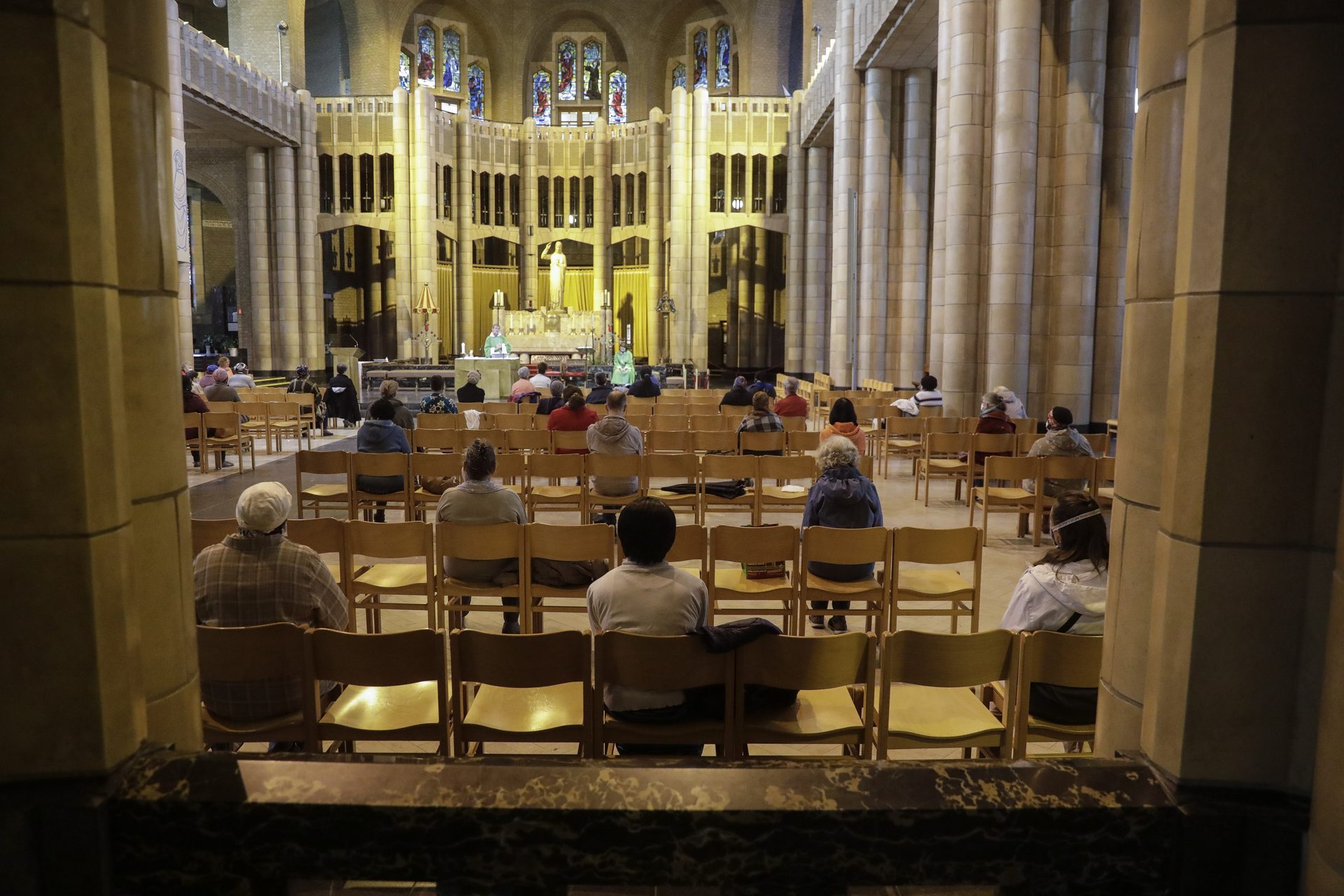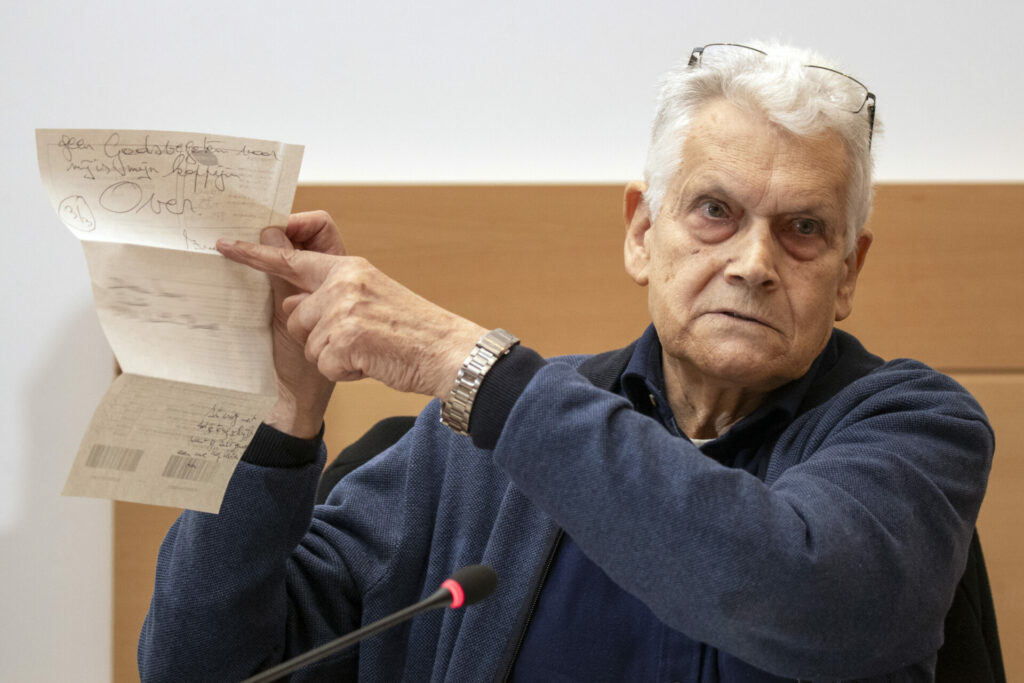Belgium's parliamentary commission of enquiry into sexual abuse in the Catholic Church – following the VRT documentary 'Godvergeten' ("Godforsaken" in Dutch), in which several victims testified and which sparked national outrage – starts today.
After nearly all political parties asked for a parliamentary enquiry commission following the VRT documentary in September, the commission is starting today, with testimonies from victims – both inside and outside the Church.
The commission will investigate "the handling of sexual abuse, in the Church and outside, including judicial treatment, and the consequences today for victims and society," according to the proposal that was approved several months ago.
Rik Devillé, a retired priest active in the Working Group on Human Rights in the Church who has been fighting for greater recognition of victims of abuse in the church for years, will be the first to speak.

Credit: Belga / Thierry Roge
Next Monday, the commission will listen to other victims' associations, committee chair Sophie De Wit told VRT. Among other things, they will investigate whether victims are sufficiently recognised in their suffering.
Expectations are high
Earlier this month, the commission met behind closed doors to make a series of arrangements and prepare the functioning of the commission. They also decided which four experts (two French speakers and two Dutch speakers) should assist them: it concerns two legal advisers and two experts in victim counselling. The Flemish Victim Assistance Service will assist victims during the hearings.
A hotline will also be set up at the Federal Ombudsman's Office for victims who want to tell their story. "Initially, victims will be able to tell their story there in writing, and will also be able to indicate whether or not they want to be heard behind closed doors," said De Wit.
"It is possible that we will not be able to hear everyone: we will have to check with the services who we can invite. After all, our time is limited, and we have a lot to investigate," she added. "We know that victims' expectations are high, and we are going to try to deal with that in a good way."
Related News
- Sexual abuse: Flanders rethinks Catholic Church financing after scandal
- Sexual abuse: Catholic Church under fire for keeping data of 'de-baptised' people
- Extensive media coverage of sexual abuse sees rise in calls to helpline
After the previous special committee investigated the same topic in 2010, a full-fledged enquiry committee is chosen to put the victims at the centre this time. The special committee could not conduct investigative acts, such as ordering searches and questioning witnesses under oath, but that is different now.
Additionally, there will also be a review of what happened to the recommendations of the House committee that investigated child abuse in the Church 12 years ago, and the committee will also look at how the Church can be held accountable for the impact the abuse has had.
The parliamentary commission of enquiry consists of 13 members and will have until 31 March 2024 to make recommendations.

